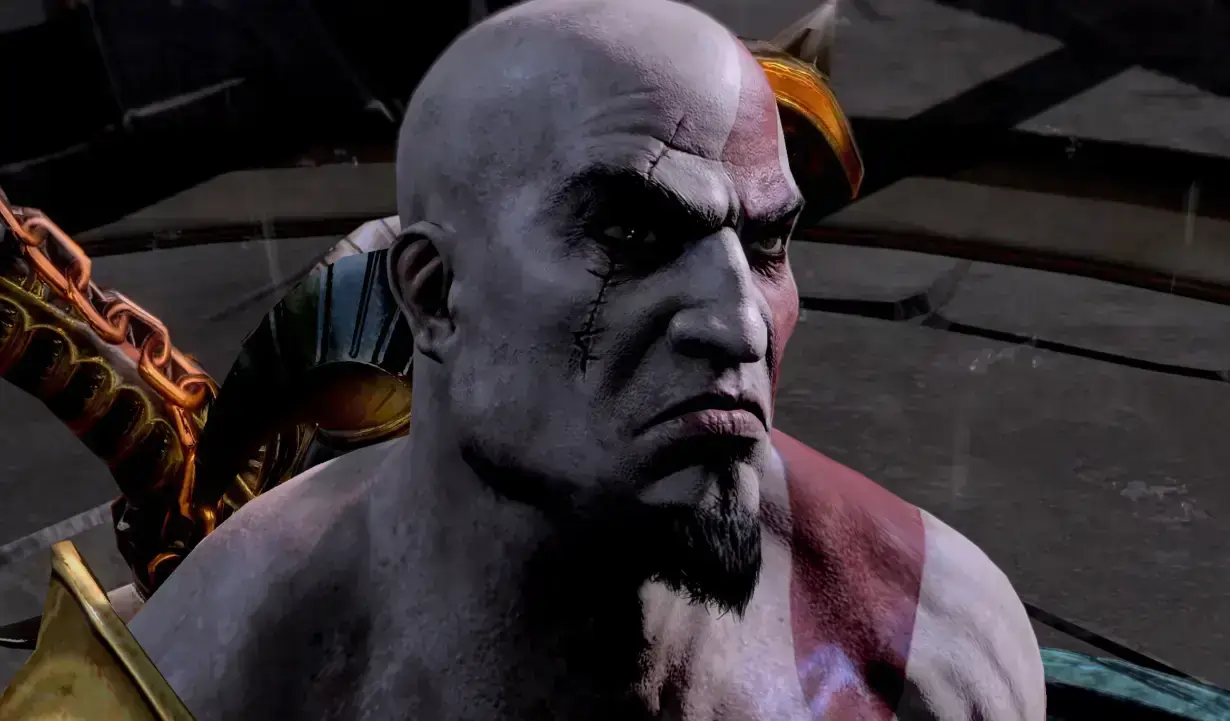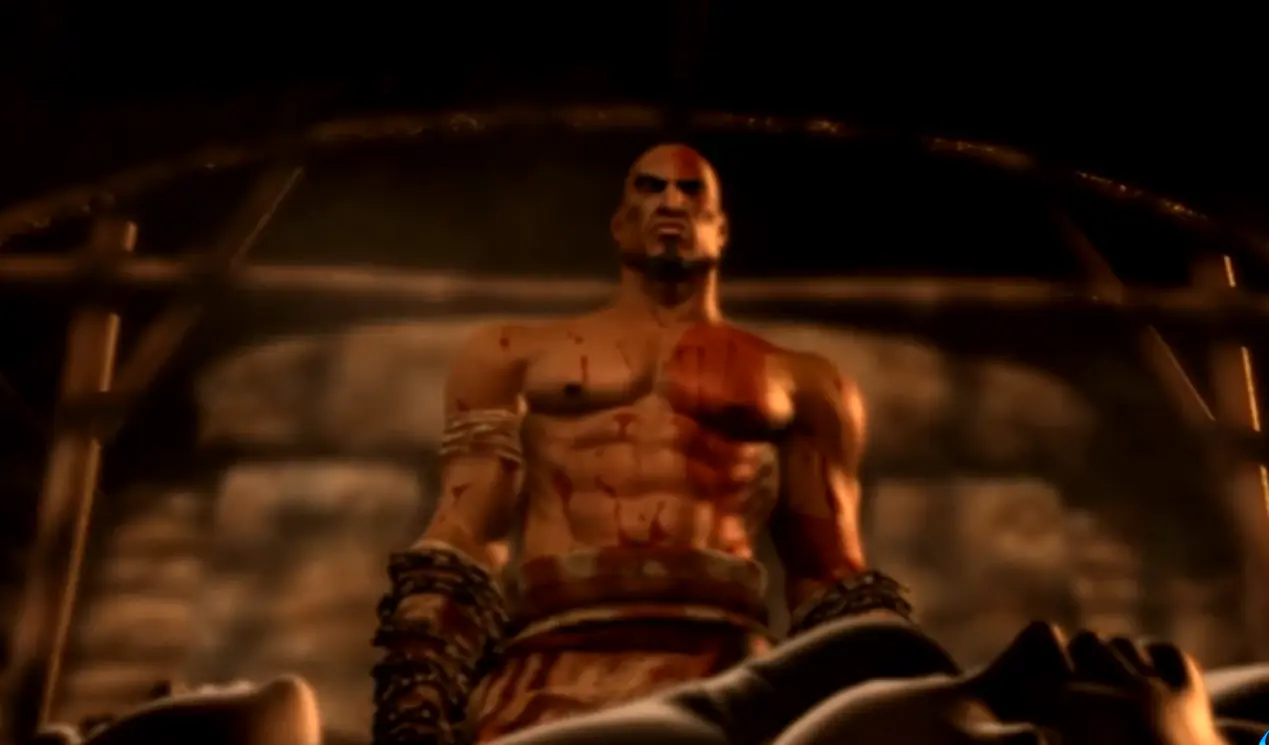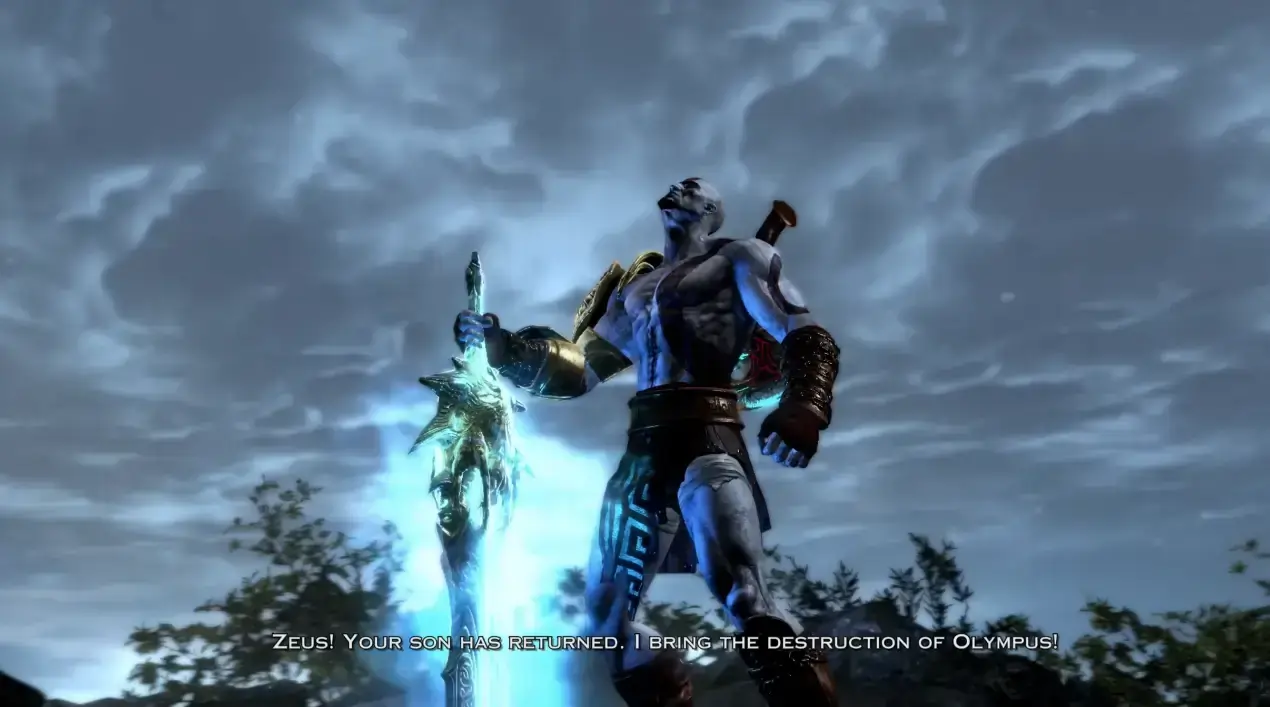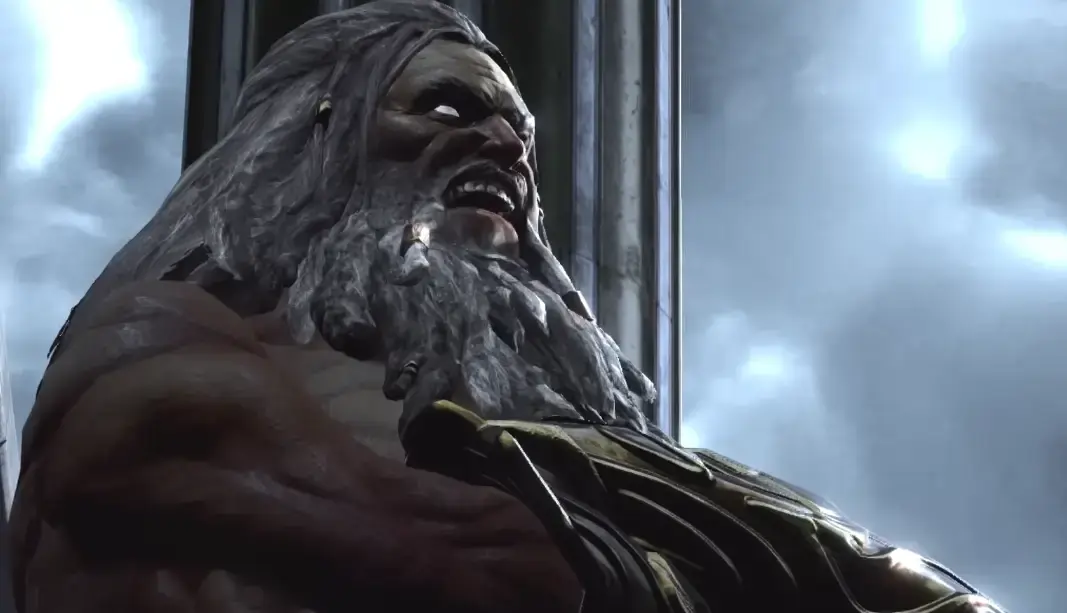The Epic Story of God of War 3: Kratos’s Final Battle Against the Gods
By Anime Fever Zone Modified 21 hours ago

God of War 3 is the powerful and brutal conclusion to the saga of Kratos, the Ghost of Sparta, whose life has been scarred by betrayal, loss, and an unquenchable thirst for vengeance. Set in an alternate version of ancient Greece dominated by gods, Titans, and mythological beings, this game combines visceral combat with a richly woven story of personal tragedy and divine conflict. At its core, God of War 3 is a mythic journey where the past and present collide on Mount Olympus, culminating in a final battle that decides the fate of the gods and humanity alike.
Table Of Contents
- Kratos’s Tragic Past and the Roots of His Rage
- The Titan Alliance: Rebellion Against Olympus
- Betrayal by Zeus: The Catalyst for Vengeance
- The Journey Through Olympus and the Underworld
- Themes of Rage, Redemption, and the Cost of Vengeance
- The Final Battle and the Legacy of Kratos
- Conclusion: A Mythological Masterpiece of Storytelling
Kratos’s Tragic Past and the Roots of His Rage
Before the events of God of War 3, Kratos endured one of the most painful tragedies imaginable: under the manipulation of Ares, the original God of War, Kratos was cursed to slay his own wife Lysandra and his daughter Calliope without knowing it. Ares tricked Kratos into attacking his own village during a berserker rage, and it was only after this horrific act that Kratos learned the truth. The deaths of his family haunt him relentlessly throughout the series, shaping his motivations and his vengeful path against the gods who used him as a weapon.
The Titan Alliance: Rebellion Against Olympus
The events of God of War 3 begin with Kratos allying himself with the Titans—ancient, colossal beings who once ruled before the Olympian gods overthrew them. The Titans, led by Gaia, share Kratos’s hatred for the gods and seek their downfall. Riding on the back of Gaia, Kratos and the Titans launch an assault on Mount Olympus to end the tyranny of the gods and to punish Zeus, the king of Olympus, who has betrayed Kratos.
Betrayal by Zeus: The Catalyst for Vengeance
Zeus’s betrayal of Kratos is a major turning point. Unlike Ares, who caused Kratos's initial tragedy through manipulation, Zeus’s betrayal comes from fear and self-preservation. Zeus attempts to prevent Kratos from gaining godly power and overthrowing him as ruler of Olympus by stripping Kratos of his abilities and ultimately killing him in God of War II. However, Kratos returns, fueled by rage and vengeance, setting the stage for their final confrontation in the third installment.
The Journey Through Olympus and the Underworld
Kratos’s path through Mount Olympus is littered with encounters that peel back layers of mythology and personal history. He faces and defeats gods such as Hades, Helios, Hermes, Hercules, Hera, Hephaestus, and Cronos. Each god presents a unique challenge and unravels more of Kratos’s story, his past deeds, and the consequences of his wrath.
Themes of Rage, Redemption, and the Cost of Vengeance
God of War 3 explores not only epic battles but also the inner turmoil of its protagonist. Kratos’s rage leads to the destruction of Olympus and brings about chaos not only for the gods but for the mortal world as well. The flooding of Greece, the collapse of Olympus, and the ruin of entire cities reflect the devastating effects of unchecked vengeance.
Yet beneath the violence lies a story of a man searching for redemption. Kratos is not simply a monster; he is burdened by guilt and the hope of finding peace after years of suffering. The presence of Athena’s spirit, who guides and advises him despite her own sacrifices, adds a layer of tragic hope to the narrative. The game poses difficult questions about whether revenge can truly undo past wrongs or if it only leads to further suffering.
The Final Battle and the Legacy of Kratos
The climax of God of War 3 is the final showdown between Kratos and Zeus atop the ruins of Mount Olympus. The battle is brutal, personal, and symbolic—a clash that decides the fate of gods and mortals alike. Kratos ultimately defeats Zeus, but not without great cost. The destruction of Olympus symbolizes the end of an era, the fall of gods who once seemed immortal and inevitable.
Conclusion: A Mythological Masterpiece of Storytelling
God of War 3 is much more than an action game; it is an artistic and emotional retelling of ancient myth through the lens of tragedy and redemption. Kratos’s journey—from the curse that destroyed his family at Ares’s hands to his final battle against Zeus—captures the timeless themes of betrayal, revenge, and the search for peace in a world ruled by gods.


